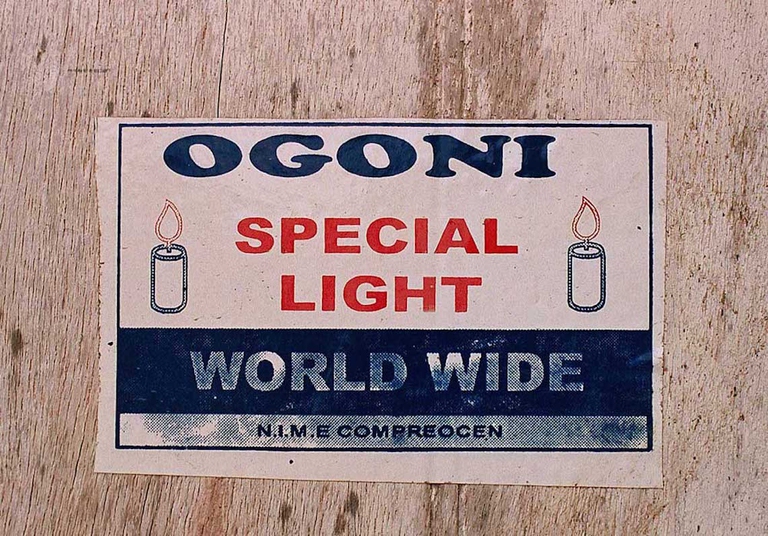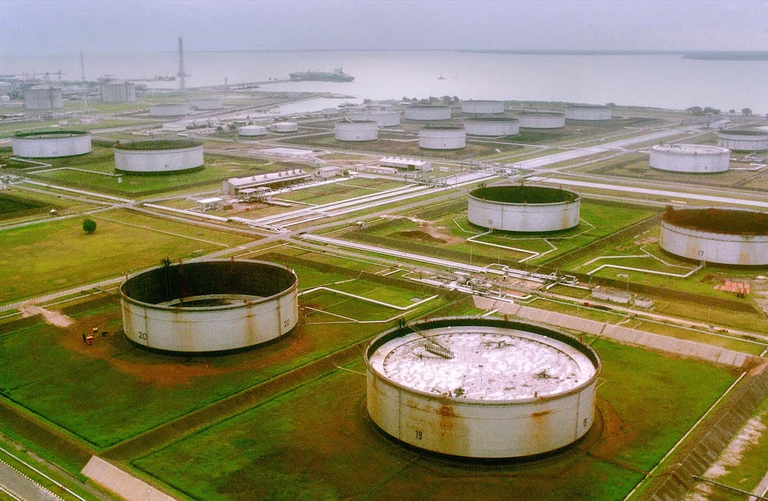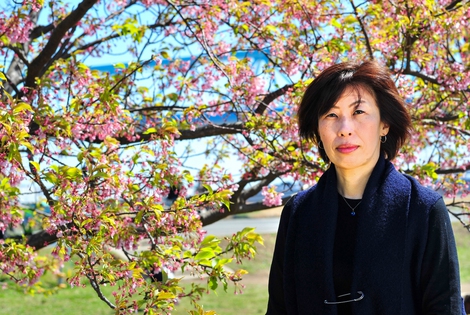
Three people putting the protection of the planet before themselves. Three powerful stories from Latin America, the deadliest region for environmental activists.
Ken Saro-Wiwa, militante ecologista, si batté contro la multinazionale petrolifera Shell. La storia gli ha dato ragione: la sua terra, oggi, è devastata.
On 10 November 1995, the Nigerian environmental activist Ken Saro-Wiwa was killed, after a trial considered to be a farce by the international community and human rights organisations. Saro-Wiwa, writer and poet, denounced the significant environmental effects caused by oil exploitation carried out in the Niger Delta.
20 years after, the saddest thing is that the risks he once denounced have now turned into reality: local communities are always more affected by health problems and live in poverty, surrounded by oil pipelines and oil platforms. According to France’s Multinationals Observatory, despite the promises of reclaiming land contaminated due to extraction activities, Shell continues to gain profits, whilst social and environmental prices are paid by the population. “We live in poverty. This is hell on Earh. Plants and animals growth is halted, and fish is dead,” told one in 30 million inhabitants of the region in April 2008 to Amnesty International.
An on-site scientific study carried out by the United Nations Environment Programme (UNEP) in 2011 drew a dramatic overview: the environmental restoration of the damages caused by oil may take 30 years. Moreover, life expectancy in the area does not exceed 40 years, and 75% of the population has no access to clear water. According to the Observatory, Shell has registered revenues of 13 billion euros in 2014 alone. In Nigeria, it manages 50 oil fields and a 50-kilometre-long network of oil pipelines, which is in many cases in an old state of repair. There have been 1,500 oil spills registered since 2007, according to Shell itself, whilst Amnesty believes they have been many more.
Saro-Wiwa knew that the future of Nigerian people was doomed. He was brave enough to denounce the situation, on behalf of the Ogoni people, indigenous minority particularly affected by extraction activities. He organised protests and asked the government for compensations. He founded a movement, the MOSOP, and managed to organise massive popular demonstrations. He was arrested for the first time in 1993 and then released also thanks to international pressures. However, one year later, he was arrested again, charged with inciting murder: he was sentenced to death, and hanged in the prison he was detained in.
Accused of having collaborated in the execution of Saro-Wiwa (and 8 other activists), Shell agreed to pay 15.5 million dollars in a settlement of the trial held in a federal court in New York. Earlier in 2015, in another trial in the UK, the company agreed to pay 84 million dollars to refund fishermen of the Bodo region, repeatedly affected by oil spills in 2008 and 2009. However, no amount of money could ever repair the social and ecological catastrophe.
Cover photo: ©Greenpeace/Afp
Siamo anche su WhatsApp. Segui il canale ufficiale LifeGate per restare aggiornata, aggiornato sulle ultime notizie e sulle nostre attività.
![]()
Quest'opera è distribuita con Licenza Creative Commons Attribuzione - Non commerciale - Non opere derivate 4.0 Internazionale.
Three people putting the protection of the planet before themselves. Three powerful stories from Latin America, the deadliest region for environmental activists.
Influential scientist, activist and author Vandana Shiva fights to protect biological and cultural diversity, and against GMOs.
Kimiko Hirata has blocked 13 new coal plants in Japan, but she hasn’t done it alone. The 2021 Goldman Prize winner tells us about her movement.
The Goldman Environmental Prize, the “green Nobel Prize”, is awarded annually to extraordinary activists fighting for the well-being of the planet.
We talk to Shaama Sandooyea, activist and marine biologist from Mauritius onboard Greenpeace’s Arctic Sunrise ship in the heart of the Indian Ocean.
Arrested for supporting farmers. The alarming detention of Disha Ravi, a 22-year-old Indian activist at the fore of the Fridays for Future movement.
Water defender Eugene Simonov’s mission is to protect rivers and their biodiversity along the borders of Russia, China and Mongolia.
Chibeze Ezekiel, winner of the 2020 Goldman Environmental Prize for Africa, is fighting to guide new generations towards a renewable future.
Leydy Pech, winner of the 2020 Goldman Environmental Prize for North America, is the beekeeper who defended Mexican Maya land against the agro-industry.









